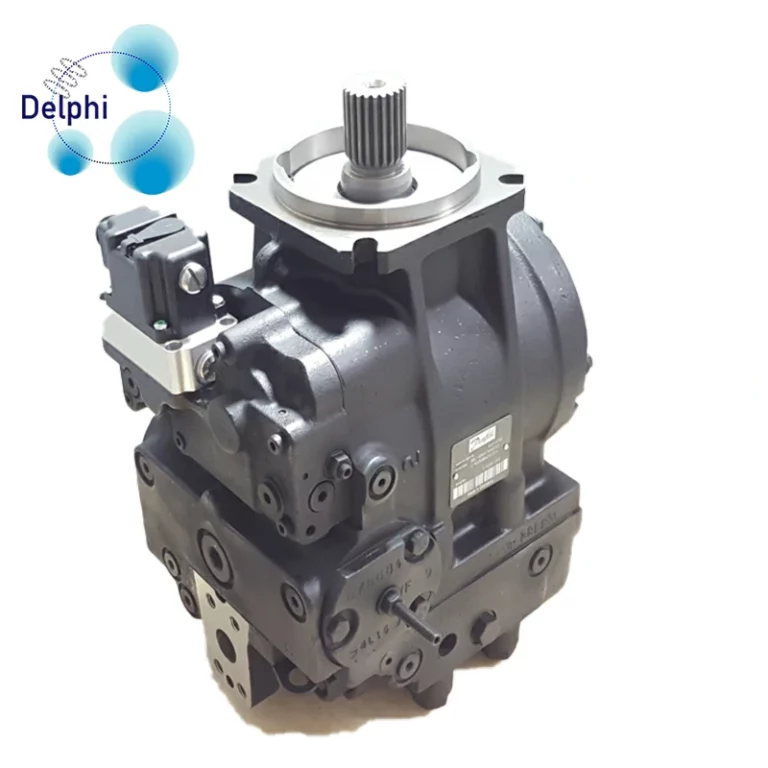A hydraulic pump rated at 40 GPM (Gallons Per Minute) typically refers to a pump used for liquid transfer in hydraulic systems, not gas transfer. Hydraulic pumps are primarily designed for transferring hydraulic fluids—liquids like oil or specific hydraulic fluids—rather than gases.
Liquid Transfer in Hydraulic Systems:
- Hydraulic Fluids: Hydraulic pumps are integral components in hydraulic systems that use liquids to transmit power, operate machinery, and control various mechanisms.
- Applications: They’re commonly used in industries such as construction, manufacturing, agriculture, and automotive for powering hydraulic machinery and equipment.
Gas Transfer in Other Systems:
- Dedicated Gas Pumps: Pumps specifically designed for gas transfer have different mechanisms and designs, such as compressors or gas vacuum pumps.
- Gas Applications: Gas pumps are used in industries like HVAC, refrigeration, or gas processing for handling gases like air, refrigerants, or industrial gases.
Characteristics of Hydraulic Pumps:
- Designed for Liquids: Hydraulic pumps are engineered to handle hydraulic fluids, ensuring efficient pressure generation and flow for hydraulic systems.
- Not Suitable for Gases: The design and functionality of hydraulic pumps are not intended for gas transfer applications.
Hydraulic pumps are essential components for liquid power transmission within hydraulic systems, providing the necessary pressure and flow rate to operate machinery. 40 gpm hydraulic pump Their design and specifications are tailored for handling hydraulic fluids and are not intended for gas transfer operations.
Are 40 gpm hydraulic pump specialized for specific applications or environments?
A hydraulic pump rated at 40 GPM (Gallons Per Minute) can serve various applications and environments within the hydraulic machinery spectrum. While it’s a versatile pump size, its specialization depends on the specific model, design, and adaptations for particular industrial requirements. Here’s an overview:
Common Applications:
- Heavy Machinery: Used in construction, manufacturing, agriculture, and mining for powering equipment like excavators, presses, or loaders.
- Mobile Equipment: Often found in mobile hydraulic systems such as agricultural machinery or hydraulic cranes.
- Industrial Processes: Utilized in various industrial applications where controlled hydraulic power is essential.
Environmental Adaptations:
- Standard Conditions: Typically used in standard industrial environments but may operate in diverse conditions.
- Adaptability: Some models might have adaptations for harsh environments like construction sites or outdoor applications.
Specialized Uses:
- Specific Machinery: Adapted or selected for specific equipment or machinery needing a 40 GPM hydraulic pump.
- Certain Industries: Specialized industries where this pump size aligns with specific power requirements.
Equipment Compatibility:
- Suitable Equipment: Chosen for machinery compatible with the flow rate and pressure capabilities of a 40 GPM pump.
While a 40 GPM hydraulic pump is versatile and widely applicable, its specialization often arises from the specific equipment it serves or the industries where this flow rate and pressure combination aligns with particular power needs. These pumps might have adaptations for certain environments or be chosen for specific machinery requiring this flow rate for optimal performance. The specialization ultimately comes from the targeted machinery or industries rather than inherent limitations of the pump itself.
